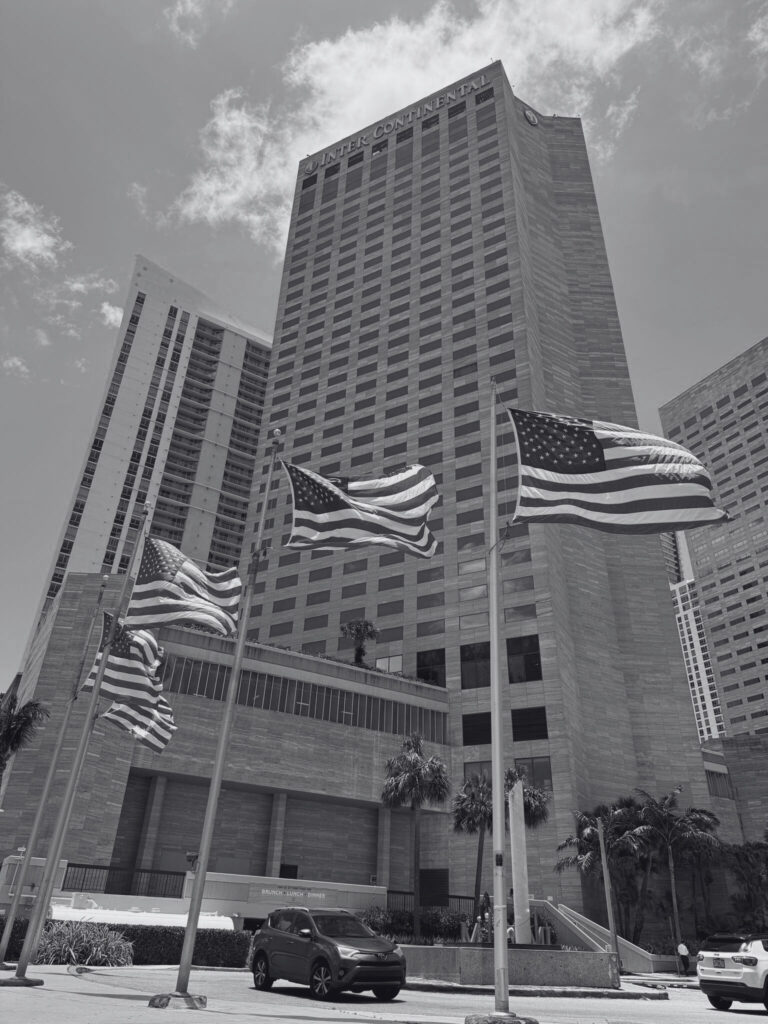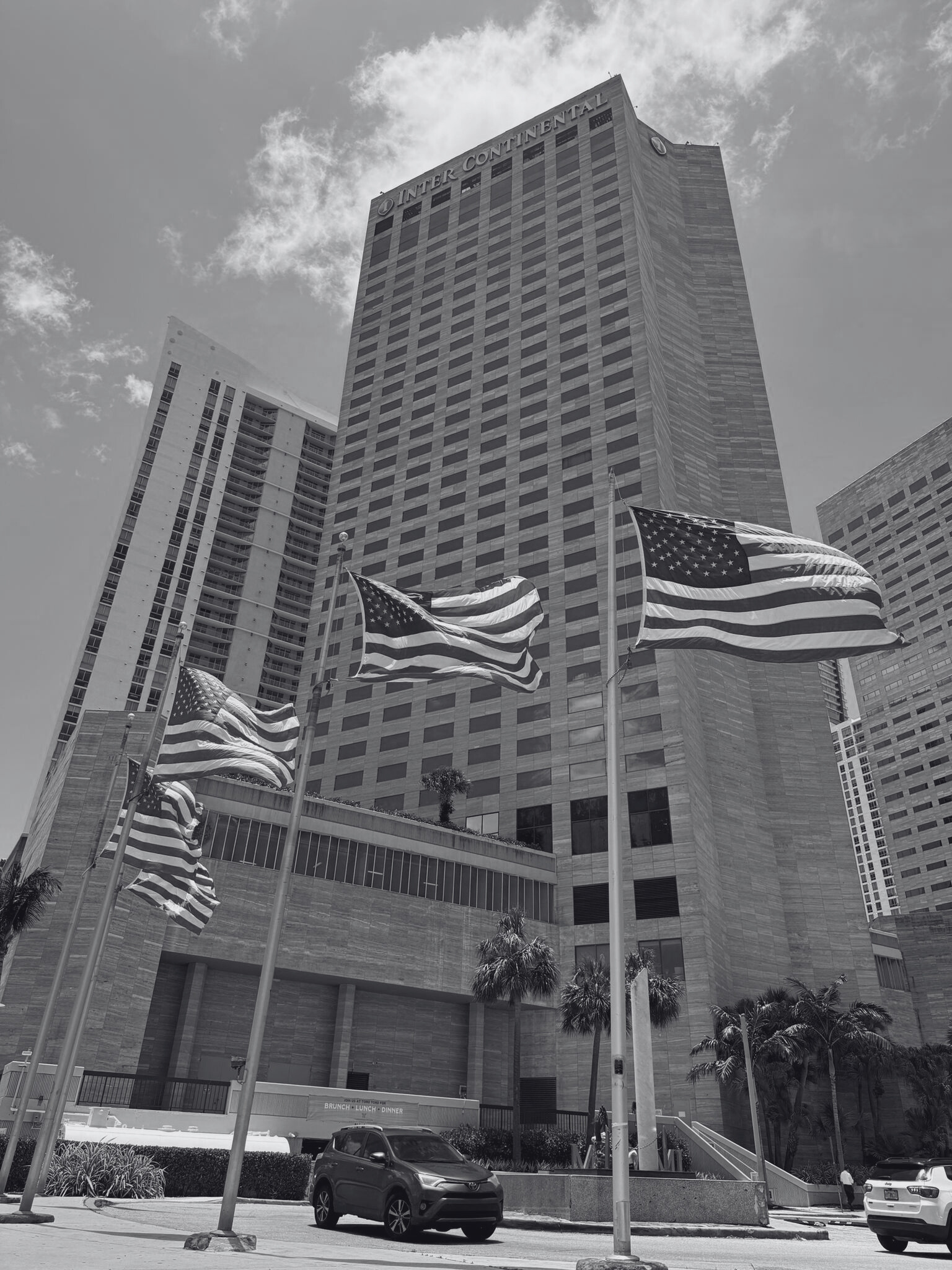Funding Options
SBA Loan Solutions for
Small Businesses
Discover all you need to know about SBA Loans—including eligibility requirements and key benefits—and determine if this Small Business Administration financing option aligns with your business objectives.

Lower monthly costs and extended repayment terms.
Simplifying SBA loans and supporting you every step.
Only takes 5 minutes and doesn’t impact your credit score

Lower monthly costs and extended repayment terms
Simplifying SBA loans and supporting you every step.
See If You Pre-Qualify
Only takes 5 minutes and doesn’t impact your
credit score

Small Business Loans that Work for You
Looking to grow your small business? SBA-backed loans offer great value with longer repayment terms and lower interest rates, making it easier to get the funding you need.
Make low monthly payments over 10 years with flexible, long-term options.
Borrow $50,000–$350,000 to access working capital or refinance existing debt.
Take advantage of competitive, SBA-capped rates with some of the lowest APRs available.
Owners must be U.S. citizens or legal residents to meet basic eligibility.
Qualify with 1+ years in business, good credit, and steady cash flow.
A Small Business Loan
with Big Value
With longer repayment terms and lower rates, SBA-backed loans offer excellent value when you need funding to grow your small business.
Make low monthly payments over 10 years with flexible, long-term options.
Borrow $50,000–$350,000 to access working capital or refinance existing debt.
Take advantage of competitive, SBA-capped rates with some of the lowest APRs available.
Owners must be U.S. citizens or legal residents to meet basic eligibility.
Qualify with 1+ years in business, good credit, and steady cash flow.
What is an
SBA Loan?
An SBA Business Loan is a financing solution designed for small businesses and backed by the U.S. Small Business Administration. With the SBA’s partial guarantee reducing lender risk, you can access capital under more favorable terms—such as lower interest rates and extended repayment periods.


How Does an SBA Loan Work?
ChatGPT said:
SBA Business Loans work through SBA-approved lenders who provide the funds while the SBA guarantees part of the loan to reduce lender risk. You apply with an approved lender, and once approved, you receive the financing—subject to the SBA’s usage guidelines and repayment requirements.
How to Use
SBA Business
Loans
You can leverage an SBA Business Loan for equipment purchases, operational expansion, working capital needs, or debt refinancing. With its flexible use provisions, an SBA loan empowers strategic investments that drive growth and foster long-term stability.
Grow Your Operations
Finance new location launches, renovate existing facilities, or purchase equipment—empowering businesses to expand their footprint and enhance revenue potential.
Acquire Inventory and Supplies
Use an SBA Loan to purchase essential inventory or supplies—ideal for seasonal businesses gearing up for peak periods or fulfilling large orders.
Maintain Cash Flow & Cover Operating Expenses
An SBA Loan can provide the working capital you need to maintain cash flow, pay staff, cover rent, and manage daily expenses—ensuring smooth operations even during slower sales periods.
Types of SBA Loans
Why Apply for SBA Loans?
Lower Interest Rates and Favorable Terms
SBA Loan rates are generally lower and feature extended repayment terms compared to conventional loans, resulting in more affordable monthly payments and reduced financial strain.
Flexible Use of Funds
An SBA Business Loan can finance inventory and equipment purchases, cover operating expenses, or fund expansion projects—giving you the flexibility to invest where it matters most.
Access for Startups and Small Businesses
With the SBA’s partial guarantee, lenders are more likely to approve businesses that don’t qualify for conventional loans, making funding more accessible for startups and small enterprises.
Pros & Cons of
SBA Loans
Pros
- Availability of extra funding
- Fair terms and conditions
- Steady cash flow
Cons
- Challenging application process
- Comparatively high interest rates
- Personal financial risk

Is an SBA Loan Right For You?
SBA loans offer attractive terms and lower interest rates, making them a compelling choice for businesses seeking funding. However, it’s crucial to evaluate all available loan options to ensure you select the one that best fits your financial objectives and needs.
Why Apply for SBA Loans?
Affordable Interest Rates & Payment Terms
SBA loans offer lower rates and extended repayment plans compared to conventional loans. Enjoy lower monthly payments and reduced financial pressure for improved cash flow.
Flexible Spending for Business Growth
Use SBA loan funds to purchase inventory, upgrade equipment, cover operating costs, or expand your operations. Tailor spending to what your business needs most today.
Provides Funding Access for Small Enterprises
SBA guarantees help lenders approve startups and small businesses that may not qualify for traditional loans. Secure easier access to capital to fuel your company’s growth.

How much do you want to borrow?
Use the slider to select your working capital or
debt refinance loan amount
Monthly Payments
$2,537
Loan Term
10 years
Interest Rate
10.25%*
APR With Fees
10.55%

